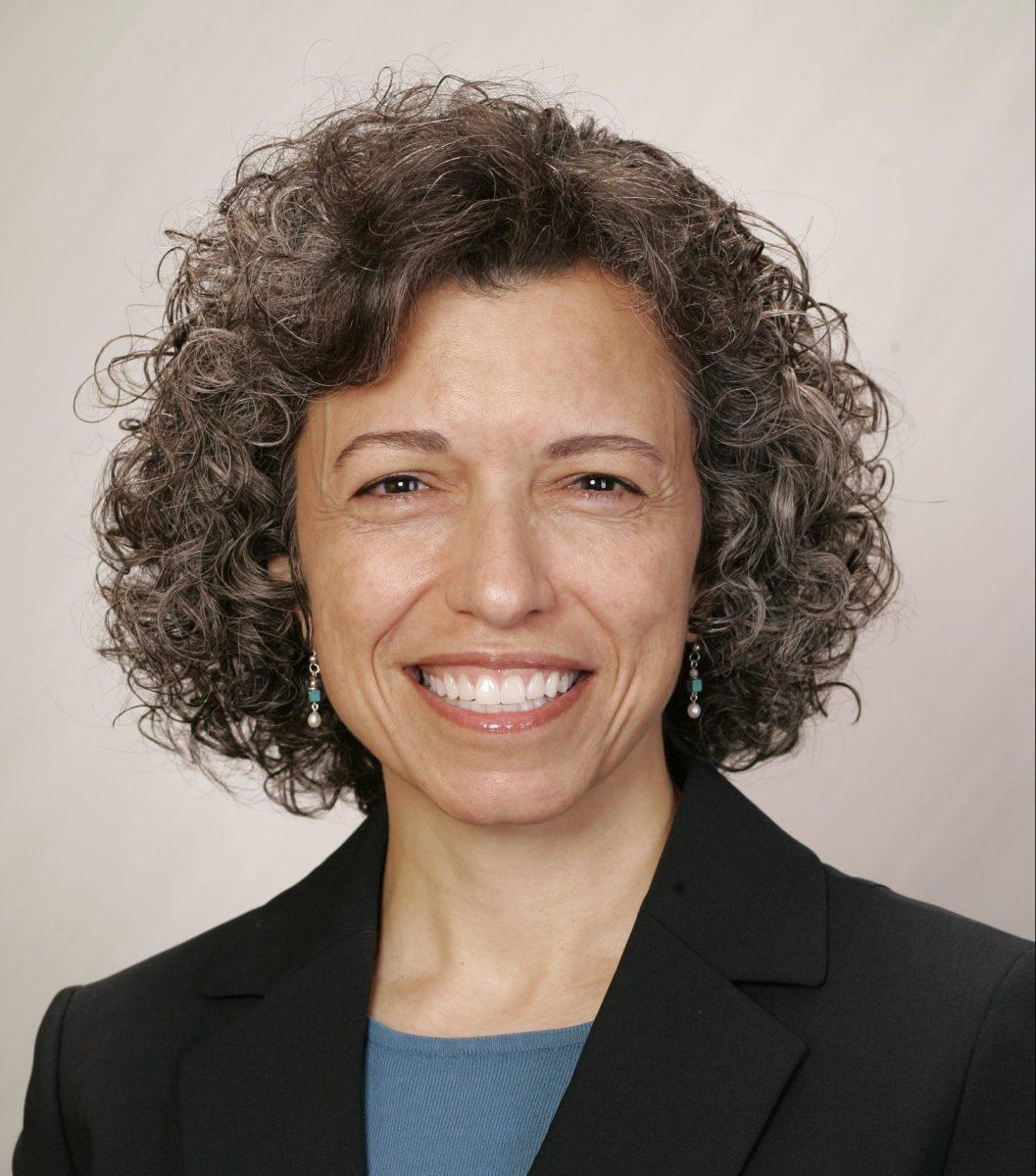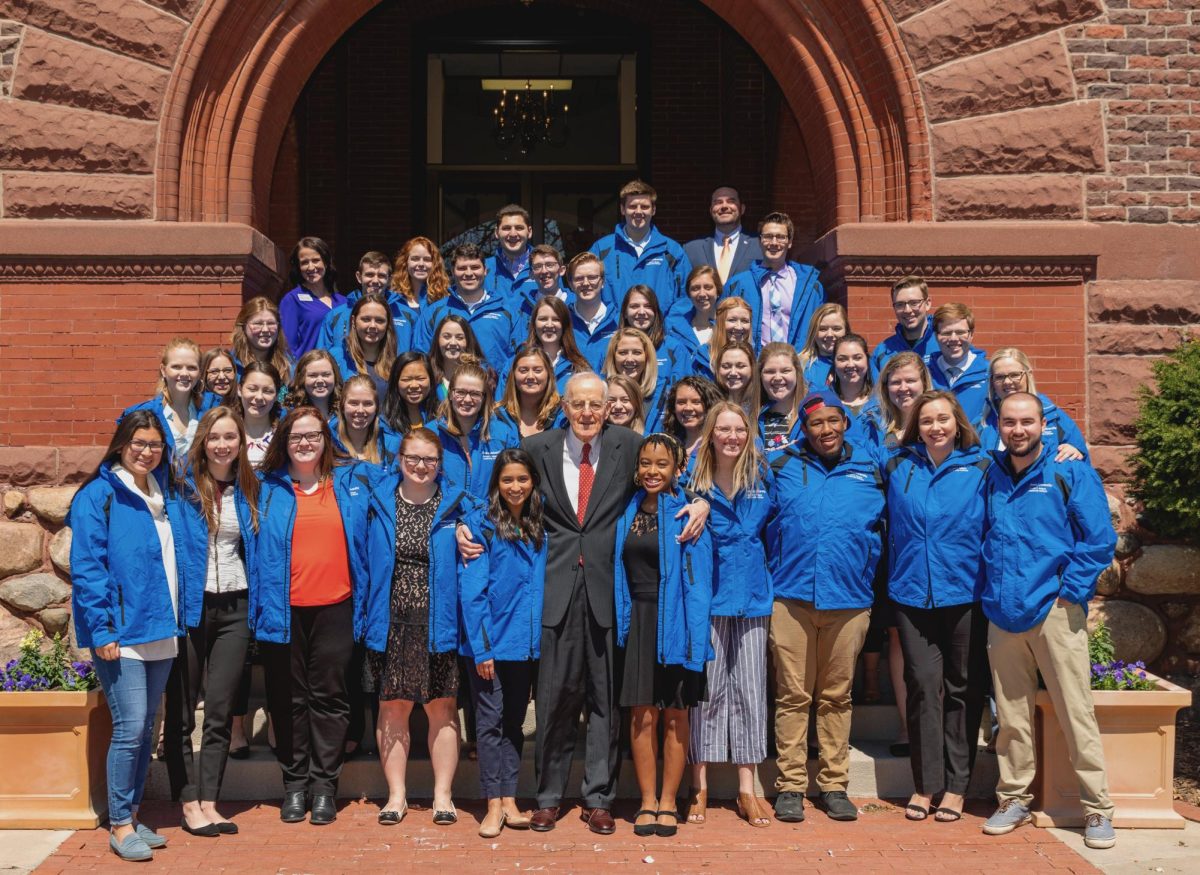After graduation, Drake students will likely go great lengths to find a job, and for most people, China isn’t generally at the top of the list.
Now, thanks to a unique program, Drake graduates have the opportunity to spend a year teaching English to students in China.
“It’s not a tour,” said Kirk Martin, Drake’s Chinese cultural exchange program director. “It’s not study abroad. You get to work in a Chinese work environment where you have the opportunity on a daily basis to speak with young people.
Originally the program was based in Shijiazhuang, Des Moines’ Chinese sister city, though in its eighth year, the program has expanded teaching opportunities to five Chinese cities in eight different schools.
“It felt like kind of a once in a lifetime opportunity,” said Evan Favreau, who graduated from Drake in 2010 as an advertising management major. “Especially with a program specifically for Drake grads.”
Since its creation in 2004, the program has sent 153 teachers to China, though Martin is quick to warn that the experience is not for everyone.
“Living in China is radically different than living in Des Moines,” he said. “It’s a challenge.”
Some students are simply not equipped to handle the culture shock of a new environment, language and cultural lifestyle, Martin said.
“The most simple tasks were 27 times harder than they should have been,” said Zach Smith, a ‘07 public relations grad who spent a year in China with the program. “It sucked while it was happening, but now the stories are absolutely hilarious.”
Though for the students who do choose to teach in China, the skills the new environment offers prove extremely valuable in future careers.
“You’ve got to be able to roll with things, and that serves you so well coming back,” Martin said. “That’s a skill that China will beat you or teach you.”
Martin also stresses that participants do not need to have any previous background in Chinese language. In fact, many of the students who choose to partake know very little Chinese.
“I knew how to ask for a beer and how to ask where the bathroom was,” Smith said.
Likewise, any variety of majors and professional concentrations are encouraged to apply for the program, even without previous teaching experience.
“I think it also just proved to me that, since I lived in China for almost a year and it was fine, that I could probably do most things, since I was able to survive that,” said Favreau,who now works as an admissions counselor at Drake.
Though for graduates like Smith, the opportunity could lead to a career in an unexpected field.
“I never considered being a teacher,” said Smith, who was recently hired as an English teacher at a boarding school in Taiwan. “It was just much more rewarding than I thought it would be.”
Informational sessions for students interested in the program will be held on Feb. 20 and 21 at 3:30 p.m. in the International Center and at 8 p.m. in Medbury Hall, room 221.






Luci • Feb 28, 2012 at 10:47 am
The perblom is that there are multiple different things that can decide who gets sovereignty and no one agrees on a hierarchy for them. Some may claim that history is most important this then gets ugly as if everyone used history then their will be immense numbers of overlapping claims (just for example France has been the overlord of Britain, 1066 and all that, and Britain has also been the overlord of France, hundred years war). Essentially all sides will have some kind of historic claim to a territory or they would not be making the claim.Territorial proximity is another this only really works on the sea, having a border does not usually give you a right to claim the other side on land. But on the ocean it can either be claimed because it is close to your own land or because it is on the same continental shelf.Population I would think that most democracies would take this as the primary claim. This is that the people should decide where they want to be a part of (this is the main reason for Britain wanting to keep the falklands these days). However allowing the population decide has a bad name because it too could lead to chaos. There are too many borders that were created without reference to where people lived so any change to allowing people to decide would also lead to chaos. Easy to let Scotland have independence or Gibraltar rejoin Spain, much more difficult when it comes to carving provinces up.there are probably others